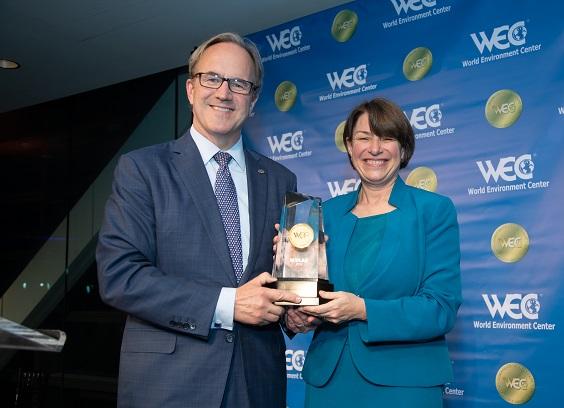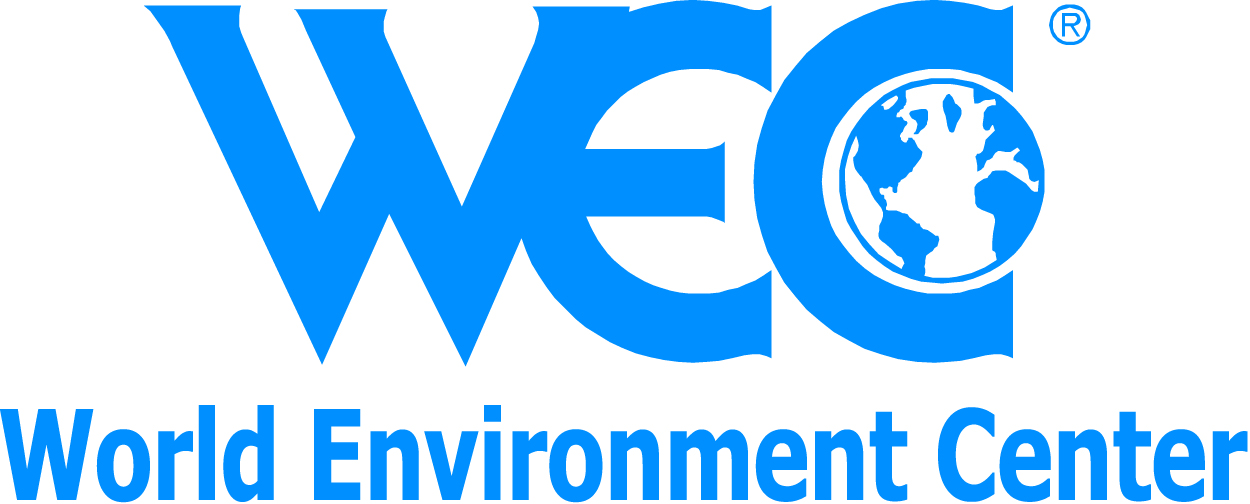What Ecolab Learned From the WEC Gold Medal
by Emilio Tenuta – Vice President of Corporate Sustainability, Ecolab
Aug 8, 2018 1:00 PM ET
Campaign:
Gold Medal

It’s been three months now since Ecolab had the honor of receiving the WEC Medal for International Corporate Achievement in Sustainable Development. And while the afterglow of that evening is fading – slowly – and the photos of our team receiving the award have come down from digital signage screens in the lobby of our headquarters building in Saint Paul, Minn., our efforts in sustainability aren’t slowing down. Quite the contrary.
If anything, winning the Gold Medal has strengthened our conviction that we have a unique role to play in advancing sustainable practices in today’s global corporate landscape. Shortly after the WEC award ceremony in Washington, D.C., we published our annual corporate sustainability report, entitled “Catalyst for a Better World.” That phrase encapsulates our purpose and our ambition going forward.
In chemistry, a catalyst is a substance that causes or accelerates a reaction. Ecolab plays that role in business, because our work helps our customers around the globe achieve their sustainability goals. That’s why our impact in the world is orders of magnitude greater than what would ordinarily be expected of a company our size.
The World Environmental Center’s jury of independent experts, in its official award citation, said much the same: “Ecolab’s sustainability goals cover not only on its own footprint, but are mainly focused where its impact can make the most difference – reducing its customers’ water and energy consumption.”
To give you an idea of how that plays out in the real world, here are some numbers from our sustainability report, which covers our results in 2017. In that year, we helped our customers:
- Save more than 171 billion gallons of water, equivalent to the drinking water needs of 590 million people, as well as 12 trillion BTUs of energy.
- Generate more than 20 percent of the world’s power, safely produce 25 percent of the world’s processed food, and support clean restaurant kitchens serving 45 billion meals.
- Prevent more than one million foodborne illnesses and reduce the risk of Hospital-acquired infections for as many as 10,000 people.

